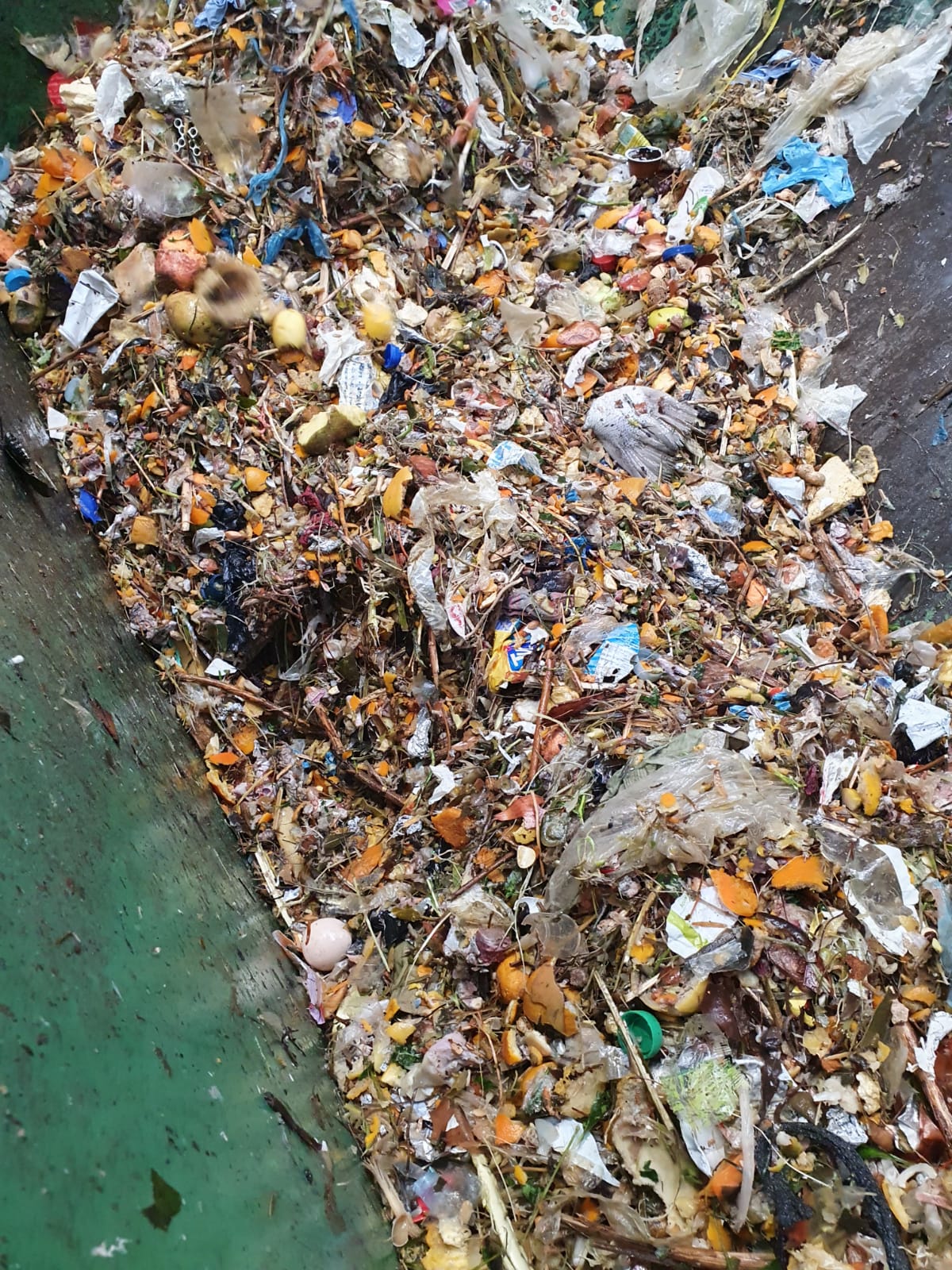A very high proportion of organic waste is still dumped on overloaded landfills, resulting in uncontrolled greenhouse gas emissions. Instead, organics can be used as a valuable resource for renewable energy production in form of electricity, or biomethane. From 1 million tons of organic waste (OFMSW, packaged food waste, etc.), around 350 GWh electricity, or up to 100 million m³ of biomethane (1 TWh) can be produced. This is equivalent to the annual power consumption of around 150 000 electric cars, or annual gas consumption of 130 000 households.
The operation of low-tech biogas installations still depends on silage and simply cannot handle organic waste properly. Silage used for biogas production not only takes away hundreds of thousand hectares of land, but also causes soil erosion and harms the soil fertility.
With our multi-feedstock technology, we have fortunately entered a new era of biogas, in which organic waste won’t go to landfills anymore, and silage for biogas production is not needed. Every process step of Botres Global’s industrial scale biogas technology has been optimized over the years to guarantee high and stable production of valuable biogas from almost any kind of organic waste and residues.
Waste, such es FORSU, OFMSW-fines, SSO (brown bin waste), packaged food waste is treated with our proprietary, highly efficient pre-treatment technology – Bio Scraper. Even feedstock with high impurity content can be processed, without affecting the stability of the process. Our in-house designed machine maximizes the degree of separation of organic waste from impurities, reducing contaminants in the substrate and highly improves the fermentation process.
Our optimized CSTR fermenter technology guarantees highest possible biogas yield with zero emissions and no downtime periods. In the biomethane upgrading process, CO2 can be captured and used for the food industry. High quality fertilizer and clean water is resulting from our digestate treatment which closes the sustainable cycle of our biogas installations.
#biogas #CO2 #noemission


